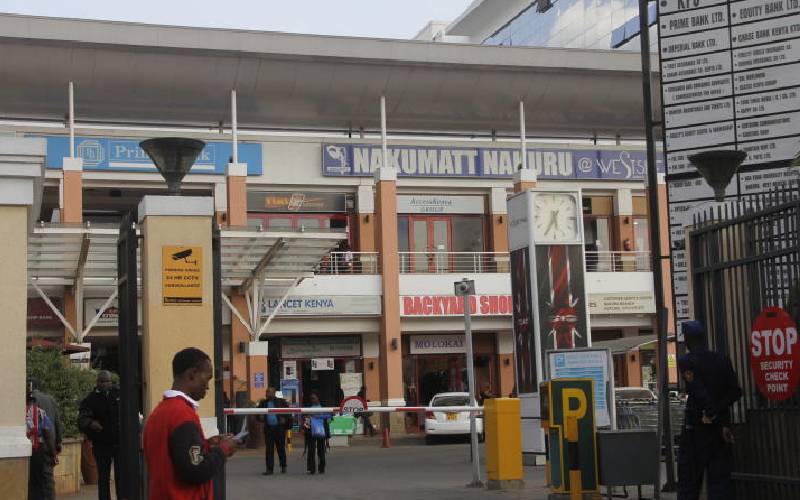×
The Standard e-Paper
Fearless, Trusted News

Nakumatt Supermarket at West Side Mall in Nakuru:[Harun Wathari,Standard]
In 2016, Nairobi Business Ventures (NBV) was one of the most hyped listings at the Nairobi Securities Exchange (NSE).







